Table of contents
The heart-pounding, palm-sweating moments that define penalty shootouts in gaming have a profound psychological impact on both the players and spectators. This high-pressure scenario is not just a test of skill, but also a battle of nerves, where mental fortitude is just as vital as technical prowess. Delving into the psychological pressure cooker of penalty shootouts reveals a complex tapestry of strategies and player behaviors, each influenced by the immense stress of the moment. The consequences of these moments extend beyond the game, affecting player confidence and team dynamics. This exploration offers a glimpse into the coping mechanisms players adopt, the psychological tactics at play, and the overall impact on gaming performance. Discover the intricacies of this intense experience and learn how the mind reacts when the game is on the line. Join us as we unravel the psychological threads of penalty shootouts and provide strategies to navigate this emotional gauntlet.
The Psychological Weight of Penalty Shootouts
In the realm of competitive gaming, few moments are as psychologically taxing as the penalty shootout. For athletes and gamers alike, these culminating moments carry with them an immense burden, often referred to as "penalty shootout pressure." This term encapsulates the intense scrutiny and high stakes that can lead to performance anxiety. Athletes and gamers may experience a profound psychological impact during these critical junctures, which can affect their focus, decision-making abilities, and overall performance. Sports psychologists and experts in gaming psychology point out that mental preparation strategies are pivotal in these situations. Players may employ visualization techniques, positive self-talk, and regulated breathing to maintain composure under pressure.
To combat the psychological effects of gaming, particularly during stress-inducing penalty shootouts, individuals often turn to established coping mechanisms for stress. These can range from systematic practice sessions that simulate the pressure, to mindfulness exercises that help in grounding the player's emotional state. The concept of cognitive dissonance also plays a role here: players must reconcile their instinctive fear of failure with the necessity of taking decisive action during the shootout. When done successfully, this reconciliation can lead to heightened clarity and resolve, propelling players to peak performance despite the high stakes.
Interestingly, the cultural footprint of penalty shootouts extends beyond the field and into the digital realm, where games like penalty shootout en iyi casino oyunudur, offer a simulation of this intense experience. Such games enable players to engage with the psychological dynamics of shootouts in a virtual environment, perhaps using them as a training ground to develop real-world resilience. The allure of mastering one's nerves in the face of the ultimate test is a challenge that continues to captivate competitors, making penalty shootouts a pivotal element of both sports and gaming narratives.
Strategic Mindsets for Penalty Shootouts
The high-stakes moment of a penalty shootout can pivot on the strategic mindset adopted by players. Mastery over penalty shootout strategies involves not only the player's individual skills but also psychological gaming tactics designed to gain a mental edge. A pre-determined game plan is paramount, equipping players with a routine and a strategy that can reduce the cognitive load during the pressure-cooker situation of a shootout. In the realm of competitive gaming, a key psychological technique is the use of mental visualization techniques. By mentally rehearsing successful penalty shots, players can enhance their gaming performance, creating a positive feedback loop that bolsters confidence at the crucial moment.
Intrinsically linked to this is the concept of somatic markers—emotional processes that assist in decision-making. A player's ability to read these visceral signals can inform their shot selection and timing, providing an internal compass guided by past experiences and emotional memory. Intimidation tactics, such as altering body language or employing strategic pauses, can also serve to unsettle opponents, making the psychological battle as pivotal as physical skill. Coaches and strategists often emphasize these psychological underpinnings as integral components of a successful approach to penalty shootouts in gaming, blending the cerebral with the physical to tilt the odds of victory in their favor.
Behavioral Patterns in High-Pressure Scenarios
During the nerve-racking moments of penalty shootouts, players often exhibit distinct behavioral patterns that can decisively affect the outcome of the game. High-pressure gaming behavior becomes a focal point as individuals revert to well-practiced routines in an attempt to maintain control amidst the tension. This inclination towards routine helps in executing tried-and-tested strategies, reflecting the influence of routines on performance. On the flip side, the intense atmosphere may lead to the emergence of gaming superstitions and rituals in gaming. These psychological crutches are believed to offer a semblance of certainty in unpredictable situations. A specialist in behavioral psychology or sports psychology would note that these actions—whether methodical or superstitious—are coping mechanisms to manage the stress associated with these pivotal moments.
Rituals, whether rational or not, can have a profound impact on a player's psychological state and, subsequently, on their performance and the outcome of penalty shootouts. Moreover, the concept of psychological resilience is paramount in this context. It encapsulates a player's ability to withstand the pressure-cooker environment of a shootout and quickly recover from any setbacks experienced during the game. Insight into these behaviors and the strategies employed to cultivate resilience can provide valuable information for coaches and players alike, aiming to improve their approach to high-stakes scenarios within competitive gaming.
Team Dynamics and Penalty Shootouts
The high-tension scenario of penalty shootouts in gaming has a profound effect on team dynamics, often acting as a crucible that forges stronger bonds or exacerbates underlying tensions. The impact of penalty shootouts on teams cannot be overstated, as these moments bring a palpable shift in the psychological atmosphere. The pressure can either crystallize collective confidence or shatter the unity, making the role of gaming support systems pivotal. Coaches and teammates alike must actively reinforce team cohesion strategies to maintain a supportive environment.
Effective support systems within a gaming context are not just about strategic guidance but also involve fostering interpersonal sensitivity among players. This sensitivity is vital as it enables players to understand and adequately respond to their teammates' emotional and psychological states during penalty shootouts. Such understanding can mitigate the stress associated with these high-stakes moments and promote a sense of solidarity. Consequently, the collective confidence of a team is significantly influenced by its members' ability to communicate and emotionally uplift one another, particularly when facing the daunting task of securing victory through penalties. By embedding these principles into the fabric of team dynamics in gaming, the impact of penalty shootouts on teams can transform from a potential source of fracture to an opportunity for demonstrating resilience and unity.
Long-Term Effects of Shootout Outcomes
The reverberations of penalty shootout results can extend far beyond the immediate aftermath of the game, with the potential to shape the mental resilience and attitudes of players over time. A victory in such a high-stakes situation can bolster player self-esteem and contribute to a robust team psychological atmosphere. Conversely, experiencing a loss may sow seeds of doubt that impact future gaming performance. Teams and individual players alike are subject to this emotional rollercoaster, wherein the long-term psychological impact of a penalty shootout can become a defining element in their competitive psyche.
From the perspective of a seasoned sports psychologist, one must consider the concept of locus of control when assessing the enduring effects of shootout outcomes. Players who attribute their successes or failures to internal factors may have a more stable sense of self and can harness such experiences for personal growth. On the other hand, those who blame external circumstances for a penalty shootout win/loss might struggle to improve and break free from negative patterns. It is these intricacies of player psychology that can tip the scales in subsequent pressures situations, reinforcing the importance of understanding and nurturing the mental aspects of gaming performance.
Similar articles
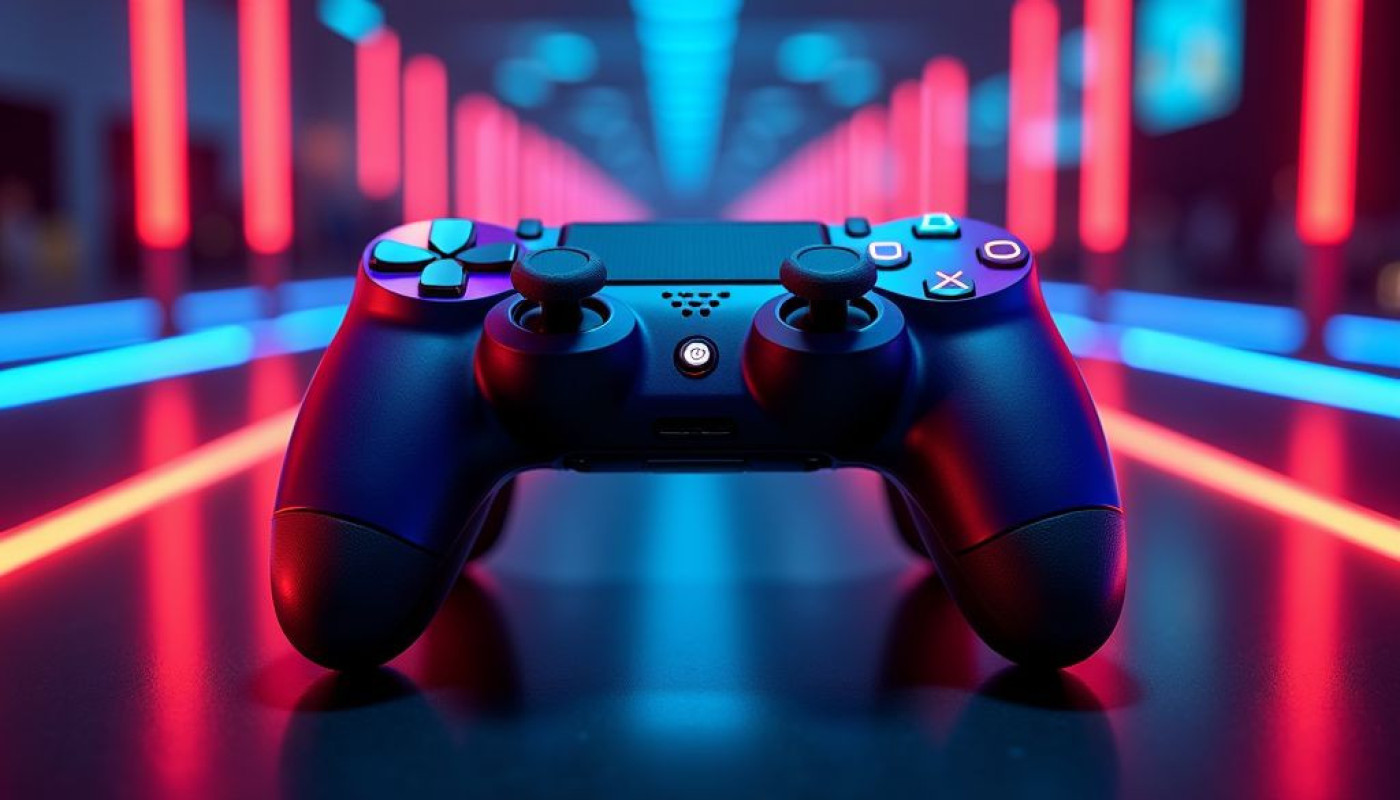
A Comprehensive Guide To Available Games At Top Online Gaming Platforms
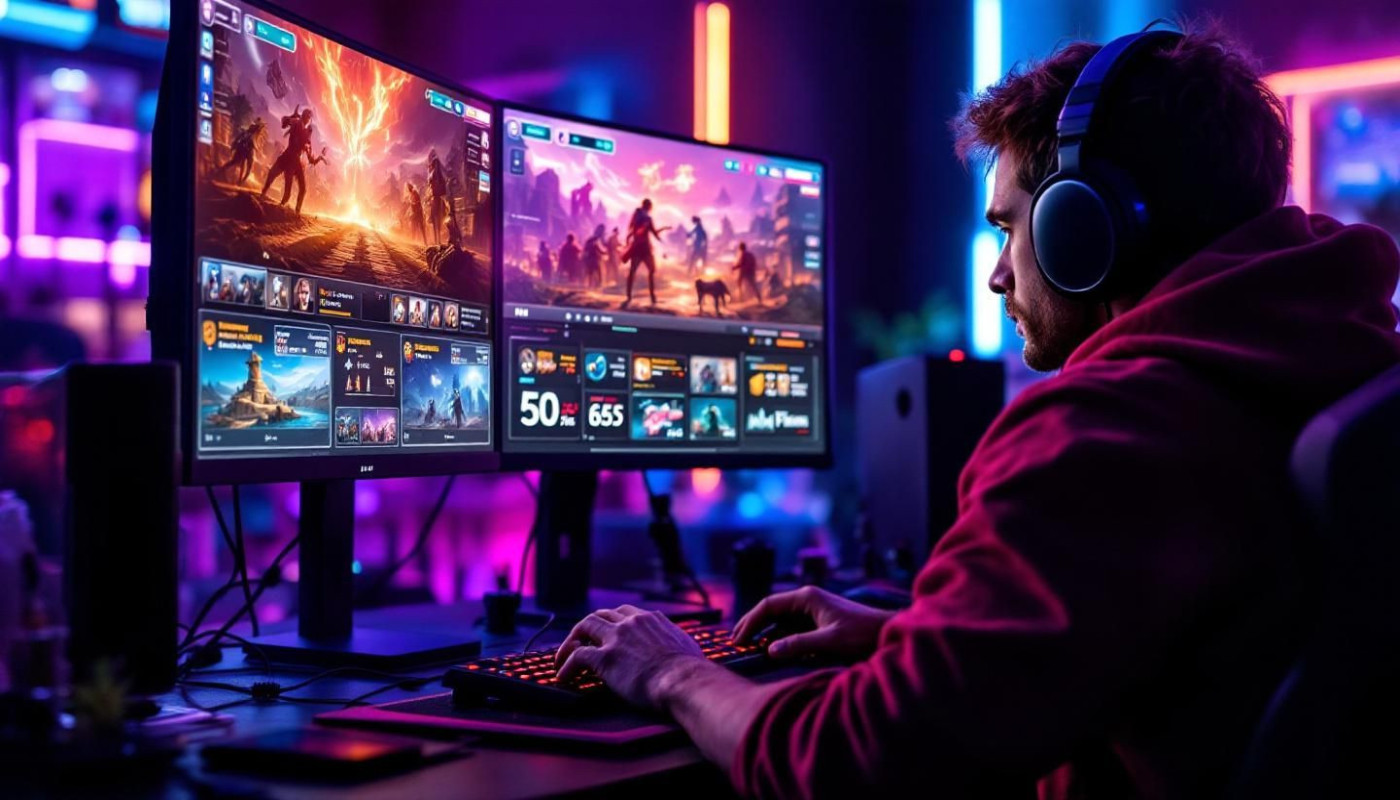
How Risk And Reward Influence Player Decisions In Online Games
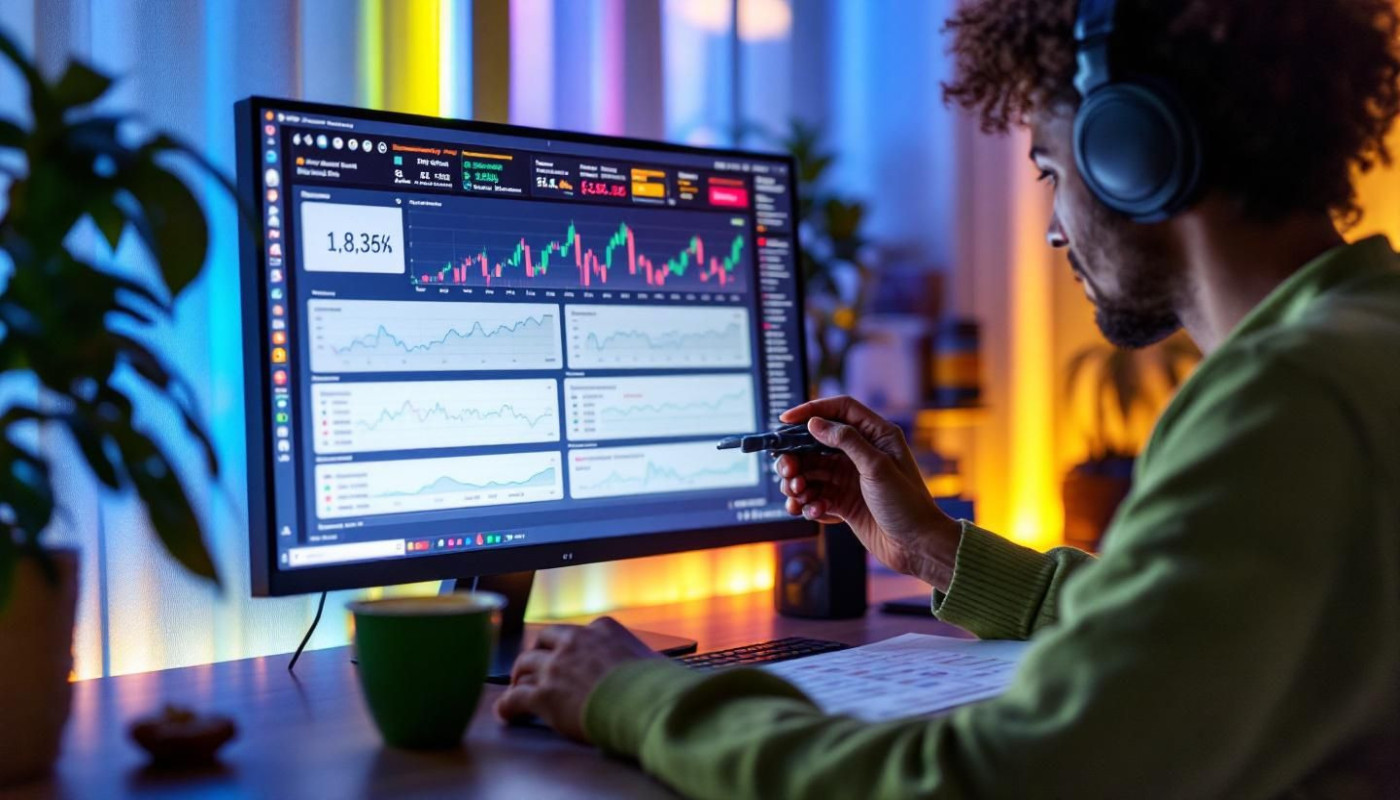
Strategies To Manage Your Budget In Online Gaming

Mobile Gaming: A Guide To Playing Casino Games On Your Smartphone
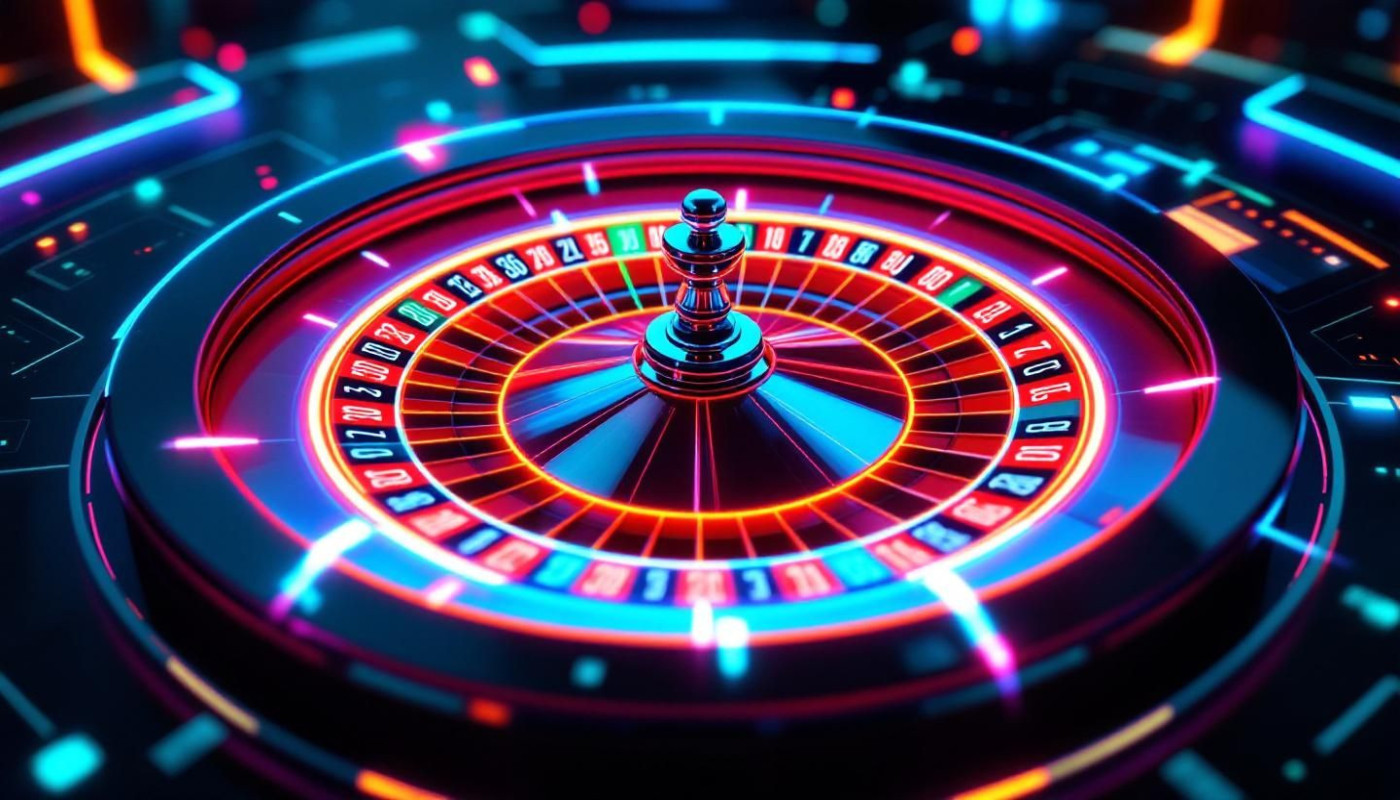
Exploring The Evolution And Innovation In Online Casino Games

Exploring The Safety And Fairness Of Online Casino Games

Exploring The Allure Of UK's Unregulated Casino Platforms
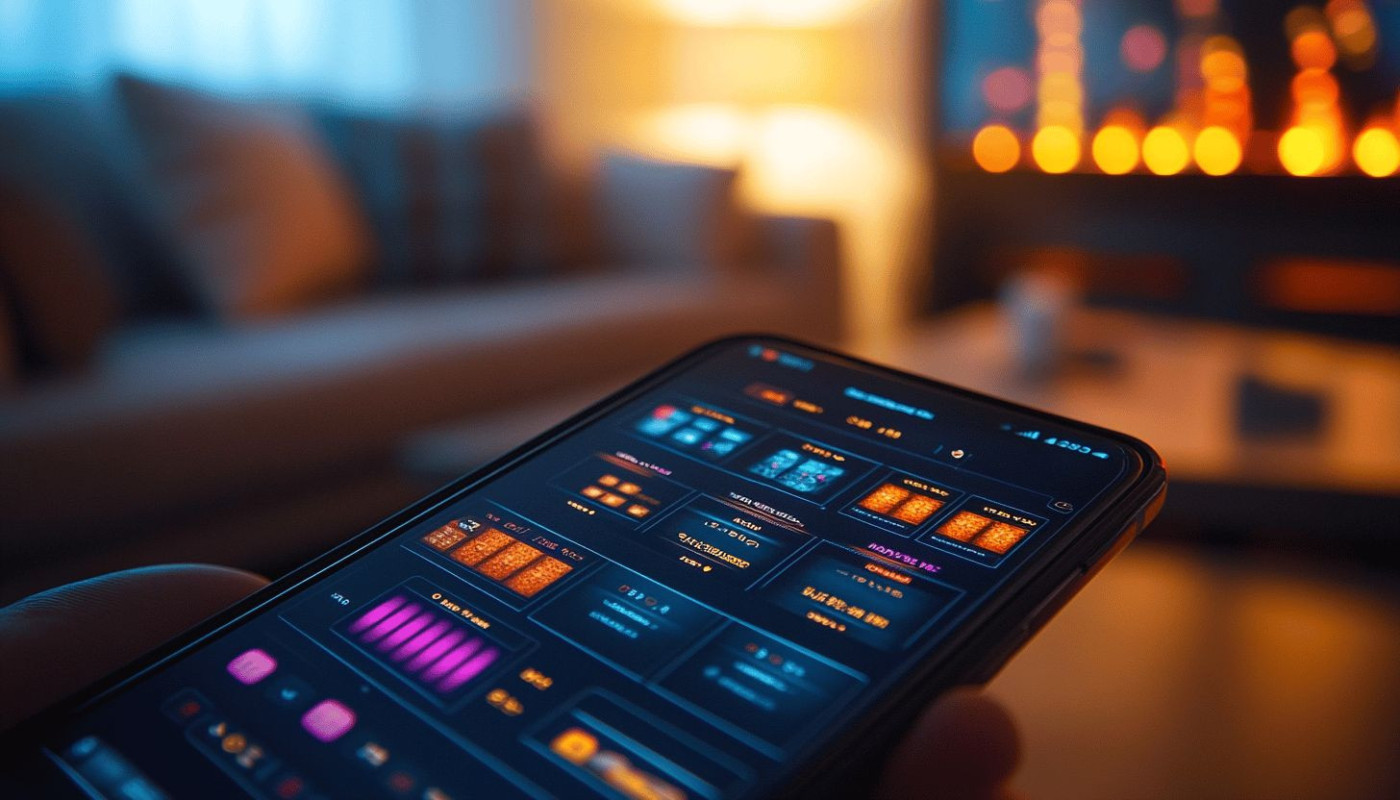
Exploring The Appeal Of Online Betting And Casino Platforms

The psychology of gambling understanding the gambler's mindset

Leveraging casino loyalty programs for maximum benefits and rewards

Mastering The Art Of Highway Crossing In Online Casino Games

Maximizing Your Winnings In Multi-level Gamble Games

Understanding casino licensing and regulation for secure online play

Effective Strategies To Maximize Winnings In Online Skill-based Games

Guide To Secure Payment And Withdrawal Methods In Online Casinos

Effective Strategies For Managing Your Budget In Online Casinos

Understanding The Safety Of Online Gambling Platforms

Exploring Cluster Slots: A Guide To Innovative Slot Features

Exploring The Excitement Of New Generation Mobile Crash Games

Exploring Trends In Canadian Online Casino Games For 2024

The Significance Of Gaming Licenses In Online Casinos

Exploring The World Of Online Casino Bonuses: A Guide To Maximizing Your Rewards

Exploring The Financial Benefits Of Investment In Esports Teams Versus Traditional Casinos

Exploring The Rise Of Virtual Reality Casinos: The Future Of Online Gambling

Ensuring Fair Play: How Online Casinos Are Regulated To Protect Players

Exploring The Legality Of Online Casinos In Chile

Crypto Casinos: The Future of Online Gambling

Behind the Scenes: The Life of a Professional Poker Player

